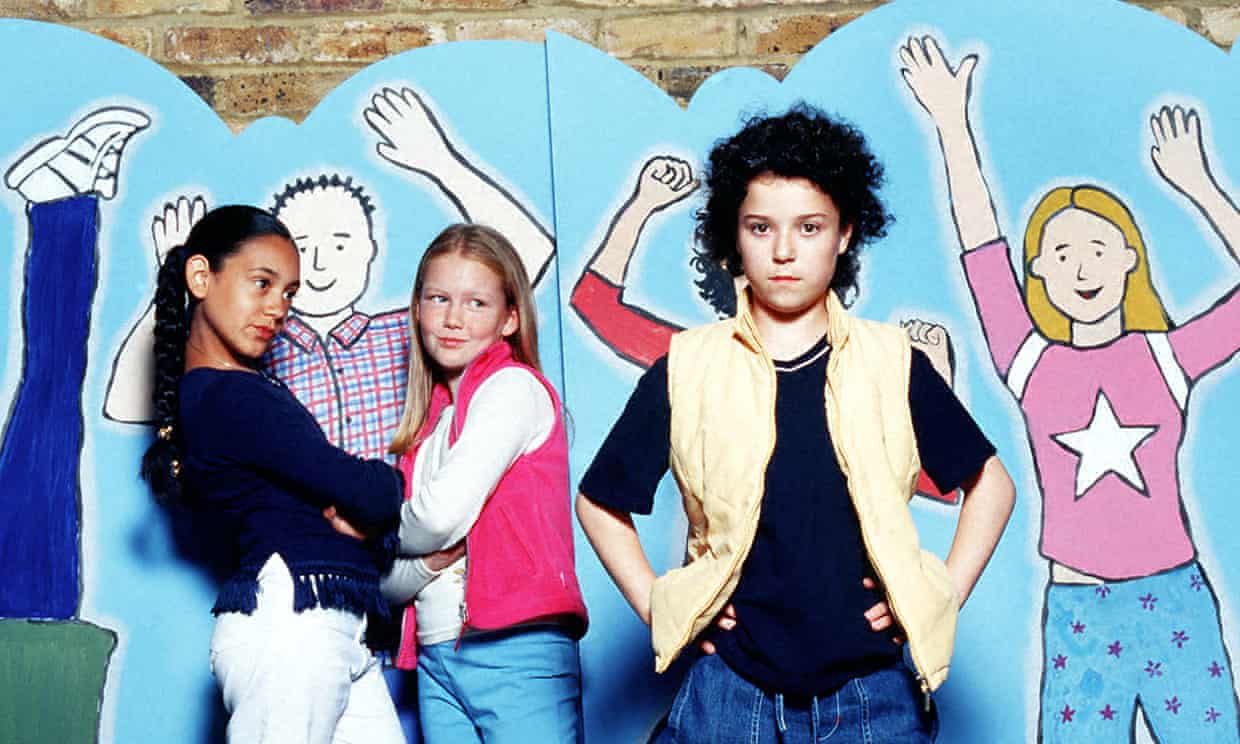‘Tracy Beaker’: a deeply funny and heartfelt show
Throughout my childhood, one of the authors I read most frequently was Jacqueline Wilson. A combination of excellent front covers (illustrated by Nick Sharratt), gripping stories, and moving characters secured her works on my primary school reading record. Stereotypically seen as books ‘for girls’, I enjoyed her tales simply because of their moving portrayal of tough moments children face.
Although kids read her books, Wilson was unafraid to be hard-hitting, covering pertinent issues like divorce and childhood neglect – indeed, these were challenges most likely faced by some of her readers. Yet perhaps her most famous character was Tracy Beaker. Majestically bought to the screen by Dani Harmer, the first episode of the series was broadcast two decades ago.
Any brilliant writing would not have worked if Dani Harmer’s performance had not been as exceptional
The show was obviously a huge success. Running for five series from 2002 to 2006, it charted Tracy’s life at a care home, also known as ‘The Dumping Ground’, with other children not living with their parents. Thanks to Harmer’s tremendous performance and the exciting range of different storylines, the show ran for over 100 episodes and was frequently repeated. Yes, it was through repeats that I became aware of the programme. Born in 2001, I would have been too young to appreciate the show on its initial run. From watching CBBC and this programme constantly, the different characters and changing personalities (along with changing care home exteriors and interiors) helped me realise what a magnificent show it was.
Any brilliant writing would not have worked if Dani Harmer’s performance had not been as exceptional. She was the story’s heart, delivering standout performances with every episode. Memorable phrases like ‘bog off’ are unmistakable. Her consistency, despite managing school work and other commitments, ensured the show’s longevity.
Though covering the tricky subject of children in care, Tracy did have characters on her side, even if she didn’t see them that way. Cam Lawson, superbly acted by Lisa Coleman, was Tracy’s foster carer, regularly taking Beaker out and trying to make them living together work. Similarly, care worker Mike Milligan – a regular in the first and last series – acted as a caring father figure who obviously wanted the best for Tracy.
Life in care doesn’t come without its adversaries, however, and these are plentifully supplied during the series. From Elaine the Pain to Justine Littlewood, the honesty and reality of being in care is well demonstrated. For instance, in an early episode, everyone is suddenly ill with the flu (a nasty illness at the best of times) but only worsens under the entrapping atmosphere of The Dumping Ground. Indeed, the tensions that arise from the boiling point atmosphere of the company of others are well explained and movingly recited.
It demonstrated that, while some children didn’t have a home, you always had a home watching the show
If anything, the follow up Tracy Beaker Returns, which portrays Tracy as an adult care worker now helping young children, worked even better for me, as I watched the show on its original run. Offering empathy and compassion without being exploitative or patronising towards those in care, it offered a real insight to put human faces to an issue not discussed. If anything, it was a powerful and revelatory social commentary that has arguably not been matched since.
Though I have not watched the further spinoff The Dumping Ground for many years, I’m aware it is still running with numerous series and episodes. That it has clearly captured the attention and interest of numerous CBBC generations highlights its enchanting and empathetic appeal. But the origins of the show through Dani Harmer and Jacqueline Wilson’s source text must not be forgotten. Occasionally resorting you to tears…I mean, hay fever, always full of heart. It demonstrated that, while some children didn’t have a home, you always had a home watching the show.

Comments